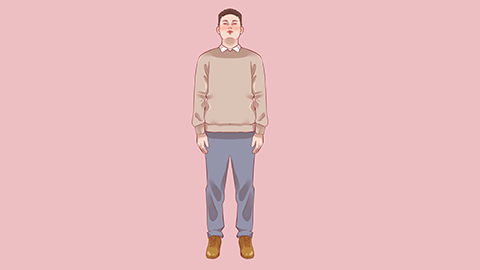Does Standing After Meals Really Prevent Weight Gain?
Standing upright after a meal can generally help prevent weight gain to some extent, but its effect is not absolute.

Standing after eating helps promote gastrointestinal motility and accelerates digestion and nutrient absorption, preventing food from remaining in the stomach too long and subsequently being converted into stored fat. Additionally, more energy is consumed while standing than sitting, which helps burn excess calories, thus preventing weight gain. For individuals who sit for prolonged periods, standing after meals can play a certain role in preventing obesity.
However, it's important to note that immediately after eating, a large amount of food accumulates in the stomach, and the gastrointestinal system is actively digesting the newly ingested food. If one hastily stands up right after eating, it may interfere with digestion and absorption, and could even cause discomfort such as dizziness or fatigue. Therefore, it is recommended to rest briefly after a meal before gradually getting up to move around. Each person's physical condition and digestive capacity vary, so the effectiveness of standing after meals in preventing weight gain will also vary among individuals.
In daily life, other forms of physical activity can also be incorporated to increase overall physical activity, such as walking, jogging, or swimming. These activities help burn more calories, increase basal metabolic rate, and thus more effectively prevent weight gain.




